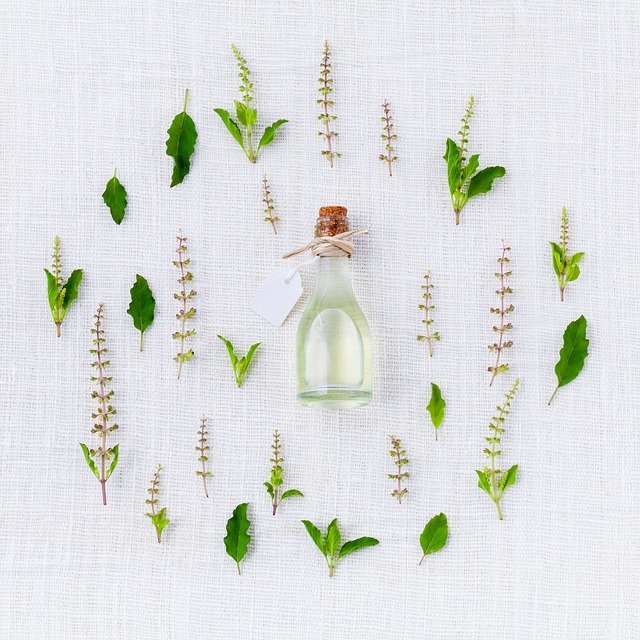Herbs, which increase intestinal peristalsis, can reduce the absorption of selected drugs. These include: aloe vera, buckthorn root, root turnips or senesco leaf. Plants or herbs containing mucilage - . flax, valerian, plantain - impair drug absorption by reducing the access of the drug to the intestinal mucosa. St. John's wort extract can reduce the serum concentration of theophylline, a drug used in asthma or COPD, among other conditions. St. John's Wort may interact with antiarrhythmic drugs, antiviral drugs and antidepressants. When taking St John's wort-based preparations, avoid sunlight as it increases our skin's sensitivity to the sun. Liquorice should not be used with hormone replacement therapy. The phytoestrogens it contains - can exacerbate the effects of hormonal drugs by causing nausea, migraines, swelling and breast irritability. In combination with contraceptive drugs, liquorice can cause hypertension and hypokalaemia, i.e. too low a concentration of potassium in the blood. Liquorice should also be avoided by people taking diuretics - by increasing the excretion of potassium ions by the kidneys, it can cause weakness, painful muscle cramps or heart rhythm disturbances.
Pay attention to the herbs and herbal preparations you take before undergoing an operation or surgical procedure: garlic stop a week beforehand, as it can increase bleeding. Similarly Gingkowhich you should give up 36 hours before the procedure. Increased bleeding can also ginseng - In addition, it can contribute to hypoglycaemia, a drop in blood glucose. Used as a mild sleeping aid valerian can prolong the effects of anaesthesia.
Remember! Don't play with medication! Your health is at stake!
More information can be found on the NFZ Academy website https://akademia.nfz.gov.pl/polipragmazja/

